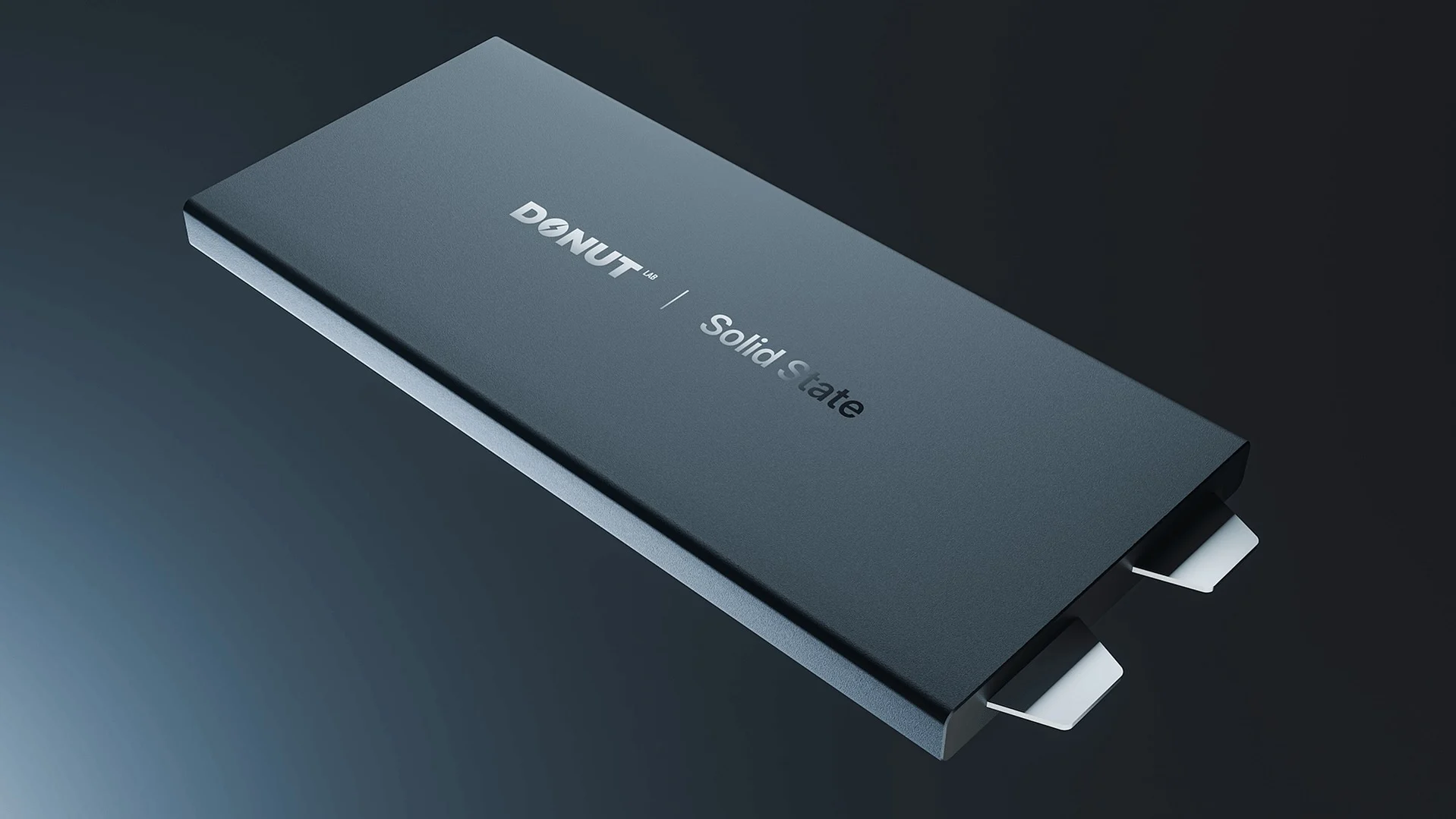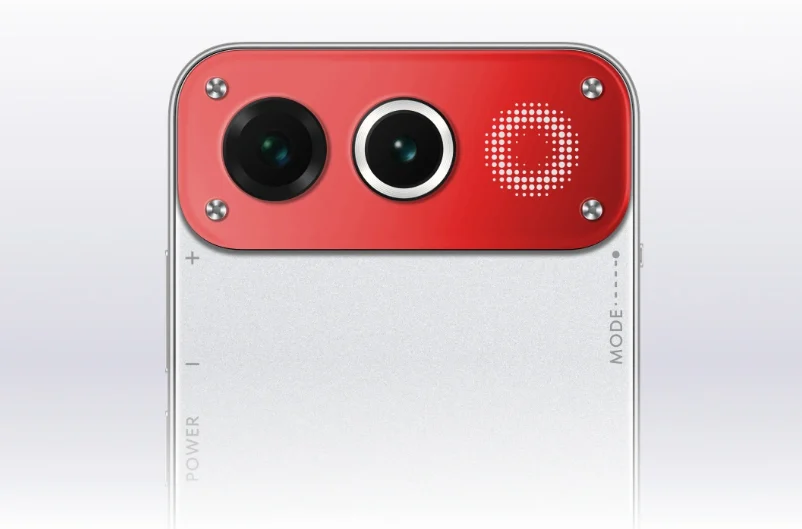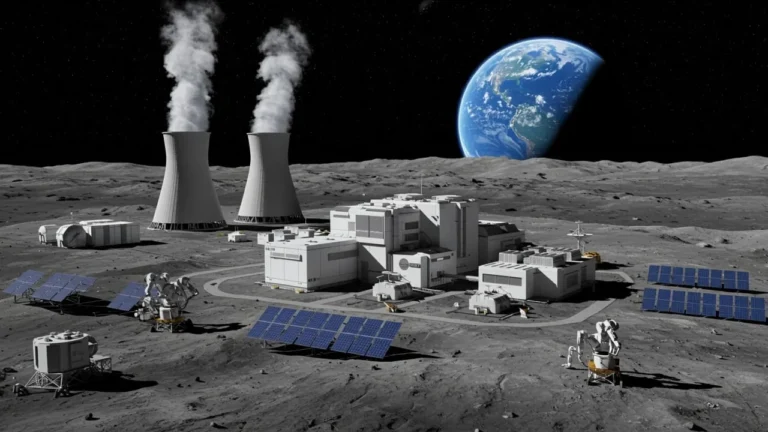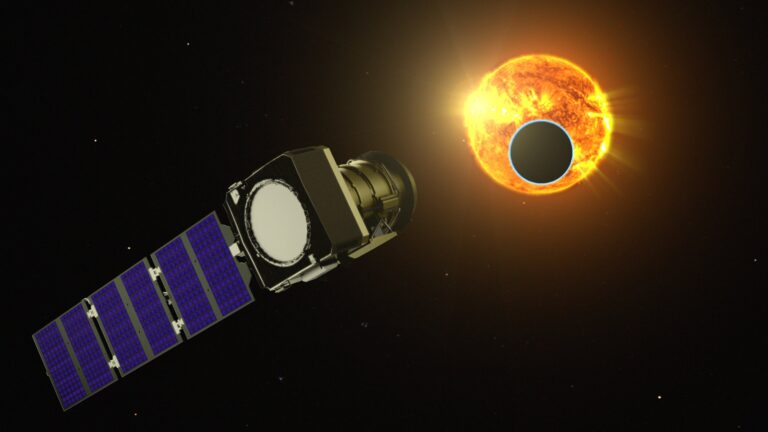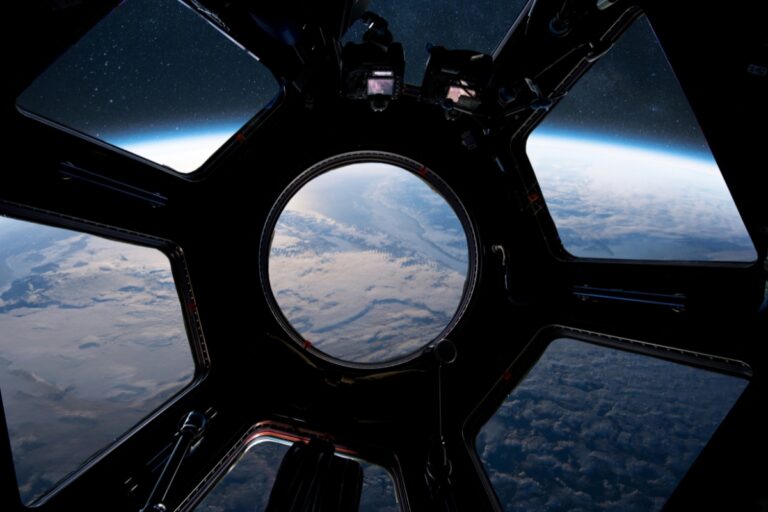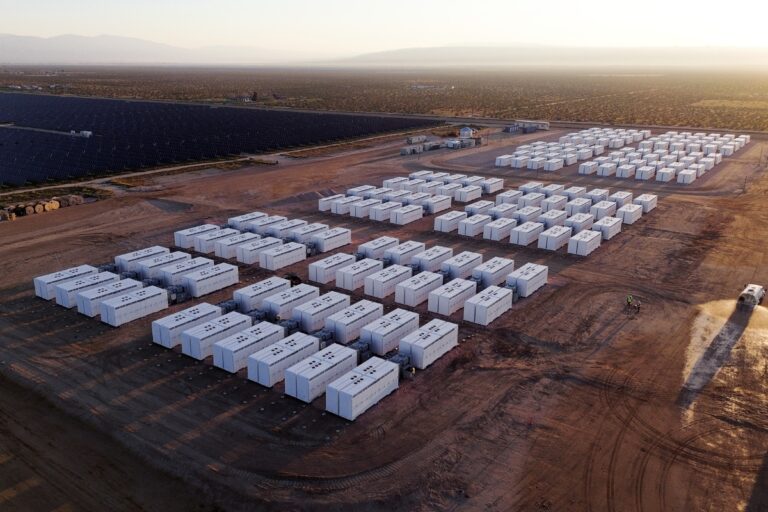A Startup Wants to Launch “Space Mirrors” to Provide 24-Hour Solar Power

⬤ Reflect Orbital aims to beam sunlight from space to Earth using satellites with Mylar mirrors.
⬤ The system could enable nighttime solar energy, but faces challenges like precise targeting and atmospheric interference.
⬤ Plans include launching 57 satellites, with safeguards for space debris and light pollution already in place.
A U.S. startup is turning to space to solve the limitations of Earth-based solar energy. The company, Reflect Orbital, is developing a constellation of satellites equipped with massive mirrors made from a specialized material. These mirrors would reflect sunlight toward Earth after sunset, allowing solar energy to be available around the clock. While the concept is ambitious and potentially transformative, it also faces major engineering challenges.
At the heart of Reflect Orbital’s project are mirrors made from a material called Mylar. Each satellite will deploy a lightweight reflective sheet about 10 by 10 meters in size, made of durable polyester with high reflectivity. Each satellite weighs around 16 kilograms, helping reduce launch costs. Once in low Earth orbit, the satellites will direct sunlight toward solar farms or other designated areas in need of nighttime illumination.
Precisely directing light from space requires advanced technical capabilities. Each mirror must constantly adjust its position and orientation using sophisticated control systems to track both the sun and the target on Earth. Customers will be able to select target locations through an online platform, after which the system will automatically redirect reflected sunlight to those coordinates.
However, the engineering challenges remain immense. The satellites must continuously compensate for both the sun’s movement and Earth’s rotation while maintaining pinpoint accuracy to focus light on small targets such as solar farms. In addition, clouds and atmospheric scattering could weaken the light before it reaches the surface. Although initial tests using high-altitude balloons and small mirrors have shown promising results, scaling up to a full orbital network is far more complex.
Another concern is the potential increase in space debris. Reflect Orbital must comply with strict guidelines for deorbiting satellites at the end of their operational life, ensuring that each is removed from orbit within 25 years or less.
The company is also addressing concerns over light pollution and its impact on nighttime environments and astronomical observation. It has stated that the mirror design ensures the reflected light will only be noticeable in a very narrow area near the intended target.
Reflect Orbital plans to launch up to 57 satellites at an altitude of 600 kilometers, creating a network capable of providing sunlight on demand. Although the project is still in its early stages, it has already attracted significant attention and represents a bold step toward a new generation of renewable energy solutions.










